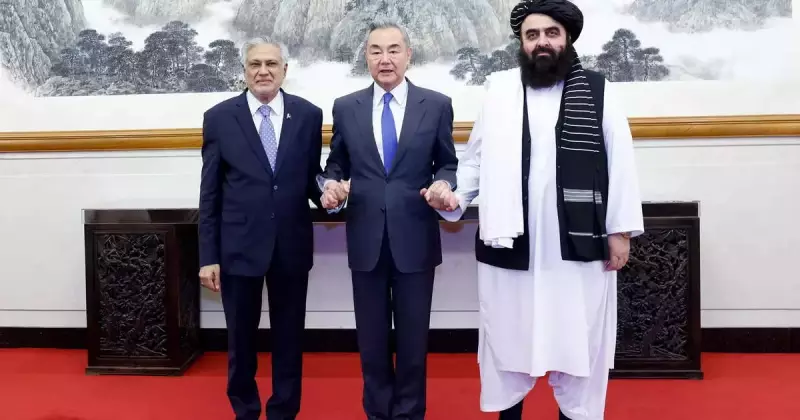
In a remarkable diplomatic development that has captured international attention, China has finally broken its prolonged silence regarding recent border tensions with India. What makes this announcement particularly significant is Beijing's unexpected alignment with New Delhi's longstanding position on the Pakistan-Afghanistan crisis.
A Strategic Shift in Regional Diplomacy
The Chinese statement represents a notable departure from their previous stance, suggesting a potential recalibration of Beijing's approach to South Asian geopolitics. For the first time in recent memory, China has publicly echoed India's concerns about the destabilizing effects of the Pakistan-Afghanistan conflict on regional security.
Breaking the Silence on Border Issues
Chinese officials have broken their weeks-long silence on the recent border skirmishes with Indian forces. While maintaining their territorial claims, the tone of the statement appears more conciliatory than previous communications, emphasizing the importance of maintaining peace and stability along the contested border regions.
Unexpected Alignment with Indian Position
In what regional analysts are calling a "strategic surprise," China has now joined India in calling for Pakistan and Afghanistan to find a diplomatic resolution to their ongoing crisis. This alignment marks a significant moment in Sino-Indian relations, as both Asian giants rarely find common ground on regional security matters.
Regional Implications and Future Prospects
The coordinated message from both Beijing and New Delhi could potentially create new diplomatic momentum in the region. This development comes at a critical time when stability in Afghanistan remains fragile and Pakistan continues to navigate complex internal and external challenges.
International observers are closely watching whether this unexpected convergence of positions between China and India will translate into more substantive cooperation on regional security issues. The coming weeks will reveal whether this represents a temporary tactical alignment or the beginning of a more fundamental shift in the region's diplomatic landscape.





